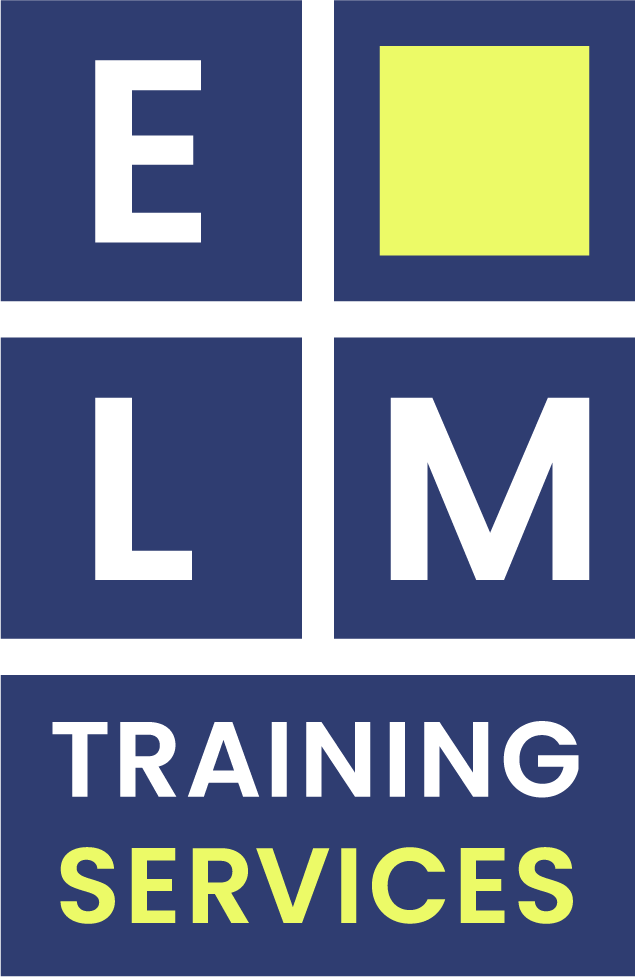10 DAYS
This industrial electrical maintenance course is designed to enable candidates who have a small amount of electrical knowledge to gain recognised qualifications and skills to enable them to enter an industrial environment and work as a industrial electrician. The industrial electrical maintenance course will include a large amount of practical, enabling the candidate to install, fault find, design and wiring up control panels, using a variety of different methods.
Industrial electrical maintenance course aims
The aim of the industrial electrical maintenance course is to provide solid foundations upon which the participant will be able to build and develop. Emphasis is given to providing the necessary skills, which will allow the participant to carry out routine electrical tasks. It is also made clear that a participant needs to identify and know their own limitations, allowing tasks to be carried out in a safe manner, not giving rise to danger.
If your looking for industrial electrician training this course is for you.
- Electricity at Work Regulations 1989, requirements and implementation
- Working safely, including the importance of isolation procedures and lock out systems
- Switches and Push Buttons, an explanation of the various types of switches and push buttons, the terminology and electrical symbols which are used in industry today, along with practical testing of functionality
- Relays and Contractors, principles of operation, purpose and uses
- Circuit design using BS electrical symbols and ladder diagrams, simple retaining circuits
- Construction of the above circuit, demonstrating the techniques of cable termination.
- 3 phase induction motors, synchronous and asynchronous
- Description of the component parts of a 3 phase induction motor
- Demonstration of how a 3 phase rotating magnetic field is produced and how to reverse it
- Explanation of synchronous and asynchronous speed and slip
- Effect of the number of poles on motor speed
- Frame sizes
- Practical identification of various motors.
- Principles of 3 phase induction motor control systems
- Overload protection principles of operation and use
- Design and operation of a DOL (direct on line) starter
- Construction of a DOL starter
- Inspection and testing procedure for the above starter
- Motor testing procedures.
- DOL starter modifications
- Importance of updating documentation
- Design, construction and verification of reversing starter control and power circuits.
- Star delta starters, principles of operation and uses
- Design, construction and verification of star delta starter control and power circuits.
- Solenoids and actuators, principles of operation and maintenance
State precautions that may be necessary when removing cores from energised AC solenoids Transformers, sizing, applications and uses Heaters, applications, uses and safety precautions to be observed Temperature controllers, various types, principles of operation and uses - Thermal sensors, various types, principles of operation and uses.
- Proximity devices, limit switches and proximity switches, various types, principles of operation and uses
- Practical workshop, gaining an understanding of typical connections of various proximity devices and the range of available supplies catered for, voltage levels and current type
- Development of a typical simple control system using push buttons, proximity devices, relays and indicator lamps.
- Protection against over current
Protective devices, various types, suitability and uses
Earthing, including principles of protection against indirect shock - Undervoltage protection.
- Cable and core termination techniques, including crimping and soldering
Practical workshop terminating YY, SY, SWA and MICC cable
Testing, basic principles of circuit protective conductor testing and insulation resistance testing, instruments used and expected values - Practical workshop testing cables terminated previously and testing cables with faults on test rig
- Fault finding, safety precautions and principles
- Practical workshop on fault rigs
- Root cause analysis
- PPM and maximising uptime
- Level 3 Certification
Level 3 National Certification is included with the first 10 days of the course, it enables the Candidate to identify the principles applied to, the processes involved and the components used in the construction of Electrical Panels for Engineering Applications and, the techniques used in inspection, testing and commissioning of electrical panels and associated equipment. You will gain knowledge and be assessed in the following areas.
Understand the relevant statutory and non-statutory legislation associated with design, construction and application of Electro Technical Panels;
Understand safe systems of working on Electro Technical Panels;
Understand how to interpret drawings, diagrams, specifications and manufacturers data to locate, position, install and connect wiring systems, components, wiring enclosures and equipment;
Understand how to select the appropriate tools and equipment to carry out the panel build;
Understand how to interpret drawings, diagrams, specifications and manufacturers’ data and to select appropriate working methods and procedures using tools, equipment and instruments to refurbish, maintain and repair electro technical panels;
Understand how to select appropriate working methods and use tools, equipment and instruments for the testing and commissioning of electro technical panels.
Costs and availability
£1,450.00 + VAT (£1,740.00 inc VAT & all fees)
Please contact the Centre for details of the next available courses at info@elmtraining.com or 01246 932070
Pre-Requisites
Understanding of Basic Electrical Principles
Location
This course will be run from our facilities in Clay Cross
What is Obtained/Achieved?
EAL Level 3 Award in Industrial and Panel Wiring
City & Guilds – Fundamental Electrical Principles for Industrial Practices
PLEASE NOTE: No Discounts, gifts or otherwise are eligible to ELCAS delegates as this can be interpreted by ELCAS as an inducement
REQUEST A CALL BACK
Course Dates
Good Training
Time Spent on effective Training is a sound investment.
We adopt a “Hands On” approach to training. Our courses contain the essential knowledge required, coupled with a high level of practical application.
